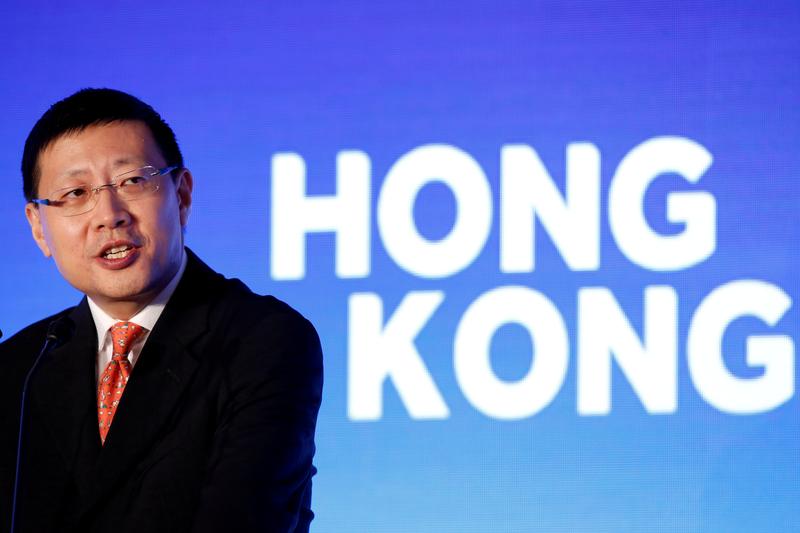US lawmakers have asked venture capital giant Sequoia to reveal details of its investments – and partners – in advanced tech sectors such as artificial intelligence, machine learning, chips and quantum that it and its former Chinese arm had made since 2010, according to a report by the Financial Times.
Congress and the Biden administration want to shut the door on US investment in tech firms in China that help the country’s military’s build-up, or entities that make products such as facial recognition software, that encourage human rights abuses in Xinjiang or other places.
Sequoia announced in June that it plans to split into three businesses – by hiving off its multi-billion-dollar unit in China, because of economic challenges and geopolitical tensions have made fundraising and investment difficult, and eroded returns for global venture funds.
ALSO SEE: US Seizes Website Domains Used by North Korean IT Workers
Sequoia China will retain its current Chinese name and adopt the name HongShan in English. Founded and led by former entrepreneur and investment banker Neil Shen, it has invested in more than 1,200 companies in sectors ranging from technology to healthcare.
One of the most successful Silicon Valley firms to profit from China’s tech boom, it manages about $56 billion in assets and raised $9 billion in four funds in 2022.
But members of Congress’ China committee want to know if Sequoia’s split into new divisions will stop further US investment in HongShan, the FT report said, adding they had been asked to identify any partners that manage funds on behalf of state-owned or affiliated entities.
Reuters reported in June that the Biden administration has been working on new rules restricting US investments in China, and that Sequoia had hired a national security firm to advise it on how to mitigate such risks.
“This separation should help each regional entity to have more flexibility to pursue investment opportunities independently, better cope with the evolving geopolitical environment and local compliance requirements, and also address the portfolio conflicts across entities,” Weiheng Chen, head of Greater China practice at law firm Wilson Sonsini, said at the time.
The scrutiny now being shown by prominent Congressmen from the Republican and Democrat parties comes at a time when China-focused venture capital fundraising suffered its weakest first-half for many years.
Part of this attention stems from Sequoia China and US teams being joint investors in Bytedance, which has been caught in the China-US crossfire for its ownership of TikTok, the social media sensation, since the Trump era.
TikTok is still facing close scrutiny in the US. And Shen reportedly said he would remain on the board of Bytedance following the Sequoia’s split.
Sequoia also had holdings in delivery and local services firm Meituan and online fashion retailer PDD Holdings.
- Jim Pollard with Reuters
ALSO SEE:
Western Spy Chiefs Warn China Using AI to Steal Tech Secrets
About Half of American Adults Favour TikTok Ban, Poll Finds
Venture Capital Giant Sequoia to Hive Off China, India/SEA Units
TikTok Facing US Ban if Chinese Owners Don’t Sell Stakes
Sequoia Plans $9 Billion China Fundraising – FT
Foreign Cash Flees China as Investors Shun Autocracies – Nikkei
China Remains Vital as Sequoia Names New Senior Steward
























